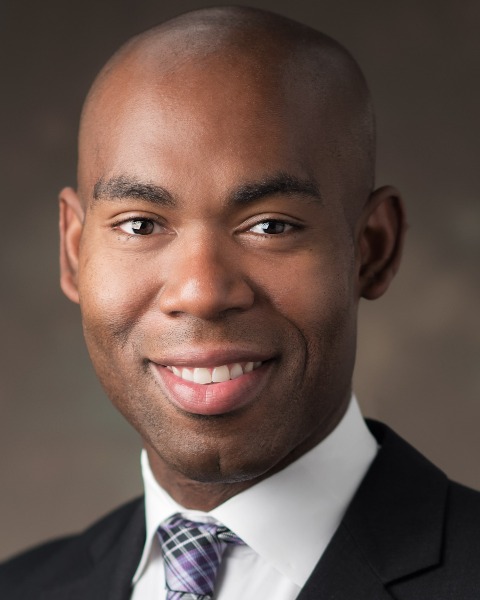Adolescent Medicine: General
Adolescent Medicine 2
7 - Impact of Culture on Parental Behaviors toward Black and Latine Gender Diverse Young Adults During Childhood
Publication Number: 7.2

Stanley R. Vance, Jr., MD (he/him/his)
Associate Professor of Pediatrics
University of California, San Francisco, School of Medicine
Oakland, California, United States
Presenting Author(s)
Background:
Parental gender affirmation is associated with improved mental health and psychosocial outcomes among gender diverse youth, but the experiences of Black and Latine gender diverse youth with parental gender affirmation are poorly understood.
Objective: To examine childhood experiences of Black and Latine gender diverse young adults to identify parental gender-related behaviors and cultural factors that impacted them.
Design/Methods:
Semi-structured, virtual interviews were conducted with Black and Latine gender diverse young adults between 18-30 years old recruited from clinics and community organizations in Northern California. These retrospective interviews, conducted in English, focused on experiences of social and medical gender affirmation during childhood. Interviews were transcribed verbatim. Four team members completed iterative rounds of thematic coding with a priori codes drawn from the Modified Model of Gender Affirmation and Theory of Planned Behavior; emergent codes were also applied iteratively.
Results:
Ten young adults participated; 5 identified as Black and 5 as Latine. Participants identified as gender fluid (n=1), nonbinary (n=4), transmasculine (n=3), and transfeminine (n=2); 8 participants were assigned female at birth and 2 were assigned male at birth. Six participants reported disclosing their gender identity to parents during childhood; 4 had not disclosed their gender identity to parents. Those who had disclosed their gender identity to parents reported various levels of the following parental behaviors: acceptance/rejection upon gender disclosure, chosen name/pronoun use, support for social and medical transition, wanted and unwanted disclosure of participant’s gender identity to others, and defense of participant’s gender identity to others. Cultural factors included language barriers to pronoun use and obtaining information on gender diversity; cultural and religious gender norms/expectations; and cultural importance of given name. Those who had not disclosed their gender identity to parents assumed parental non-affirmation due to parents’ cultural and religious views and prior displays of transphobia to others.
Conclusion(s): Black and Latine gender diverse young adults provided valuable insights into parental gender-related behaviors experienced in childhood and cultural factors that impacted these behaviors. These behaviors can be targeted with a culturally-informed intervention to promote parental support of Black and Latine gender diverse youth to improve their wellbeing. Future studies will focus on intervention development.
